A new technique by Apple researchers enables edge devices to run LLMs that are too large to load on DRAM by dynamically loading them from flash memory.
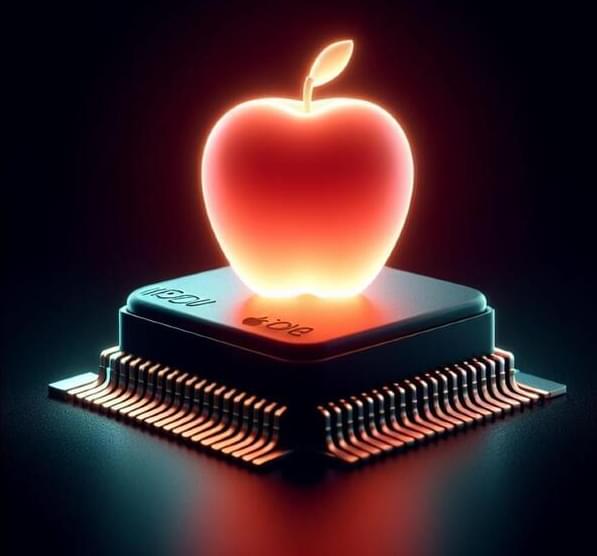

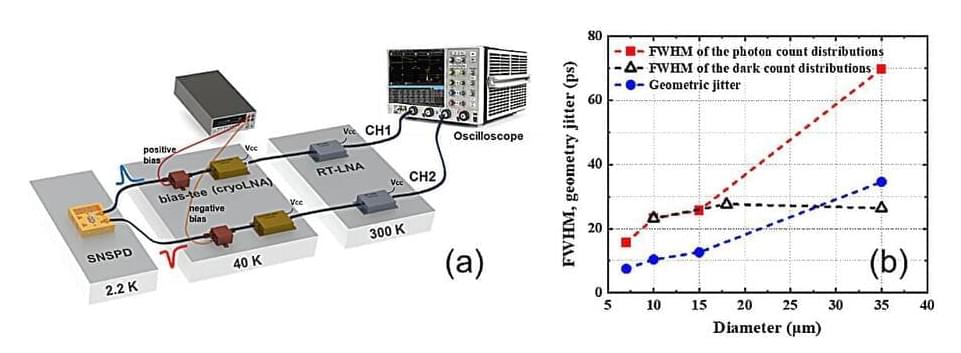
In a recent leap forward for quantum computing and optical technologies, researchers have uncovered an important aspect of photon detection. Superconducting nanowire single-photon detectors (SNSPDs), pivotal in quantum communication and advanced optical systems, have long been hindered by a phenomenon known as intrinsic dark counts (iDCs). These spurious signals, occurring without any real photon trigger, significantly impact the accuracy and reliability of these detectors.
Understanding and mitigating iDCs are crucial for enhancing the performance of SNSPDs, which are integral to a wide range of applications, from secure communication to sensitive astronomical observations.
A team headed by Prof. Lixing You and Prof. Hao Li from Shanghai Institute of Microsystem and Information Technology (SIMIT), Chinese Academy of Sciences (CAS) employed a novel differential readout method to investigate the spatial distribution of iDCs in SNSPDs with and without artificial geometric constrictions. This approach allowed for a precise characterization of the spatial origins of iDCs, revealing the significant influence of minute geometric constrictions within the detectors.
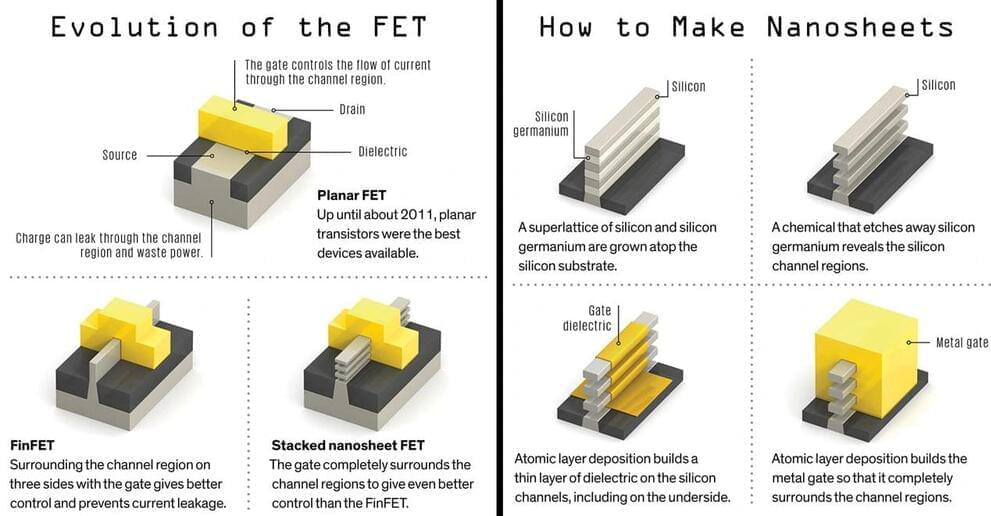
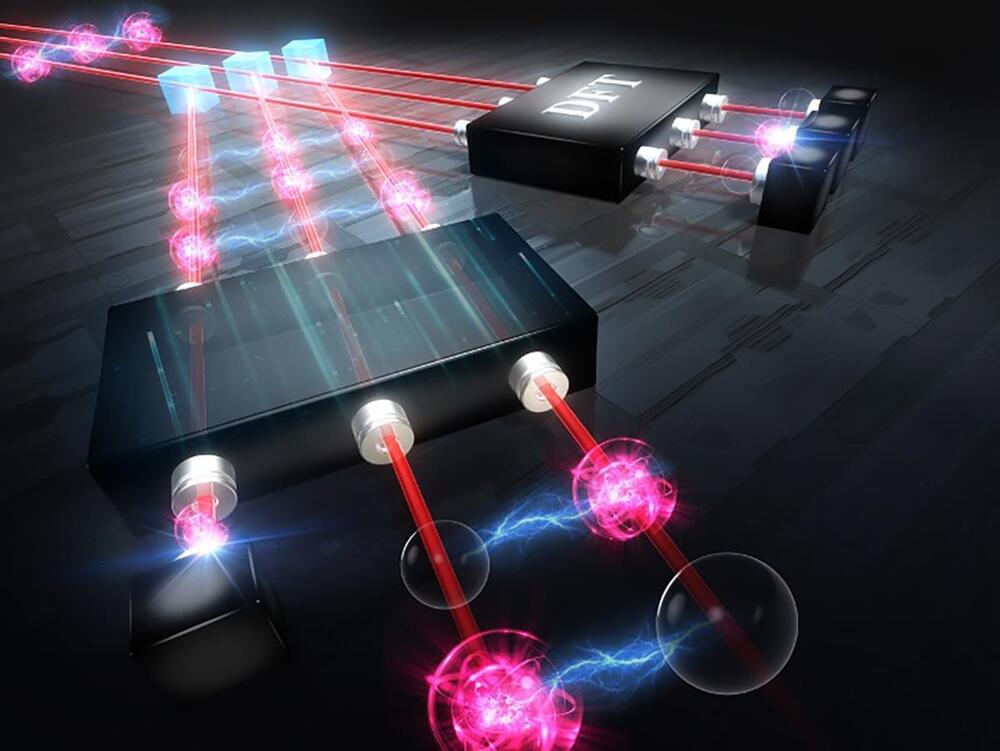
A team of Japanese researchers has discovered significant properties of non-Fock states (iNFS) in quantum technology, revealing their stability through multiple linear optics and paving the way for advancements in optical quantum computing and sensing.
Quantum objects, such as electrons and photons, behave differently from other objects in ways that enable quantum technology. Therein lies the key to unlocking the mystery of quantum entanglement, in which multiple photons exist in multiple modes or frequencies.
In pursuing photonic quantum technologies, previous studies have established the usefulness of Fock states. These are multiphoton, multimode states made possible by cleverly combining a number of one-photon inputs using so-called linear optics. However, some essential and valuable quantum states require more than this photon-by-photon approach.
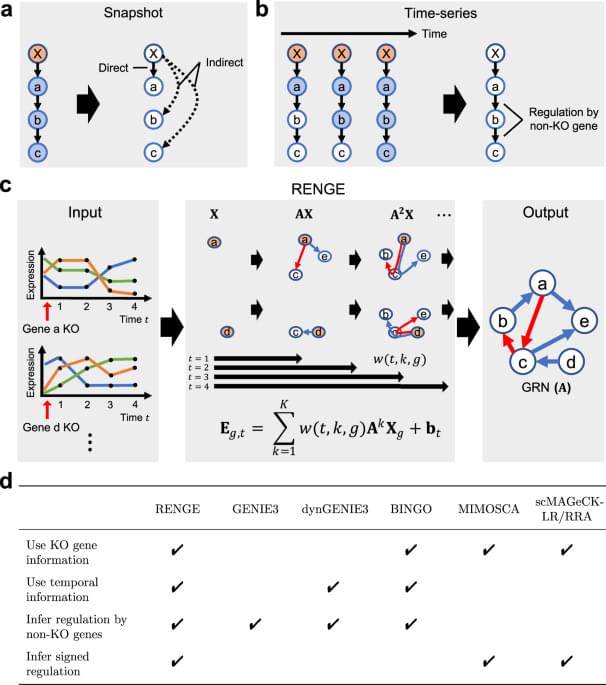
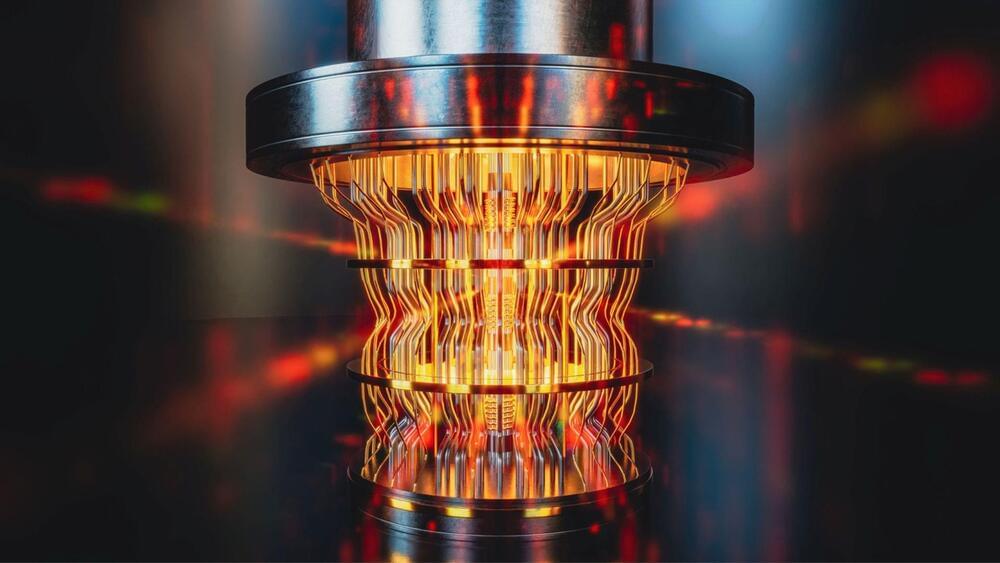

Charging quantum batteries in indefinite causal order. In the classical world, if you tried to charge a battery using two chargers, you would have to do so in sequence, limiting the available options to just two possible orders. However, leveraging the novel quantum effect called ICO opens the possibility to charge quantum batteries in a distinctively unconventional way. Here, multiple chargers arranged in different orders can exist simultaneously, forming a quantum superposition. ©2023 Chen et al. CC-BY-ND
Batteries that exploit quantum phenomena to gain, distribute and store power promise to surpass the abilities and usefulness of conventional chemical batteries in certain low-power applications. For the first time, researchers including those from the University of Tokyo take advantage of an unintuitive quantum process that disregards the conventional notion of causality to improve the performance of so-called quantum batteries, bringing this future technology a little closer to reality.
When you hear the word “quantum,” the physics governing the subatomic world, developments in quantum computers tend to steal the headlines, but there are other upcoming quantum technologies worth paying attention to. One such item is the quantum battery which, though initially puzzling in name, holds unexplored potential for sustainable energy solutions and possible integration into future electric vehicles. Nevertheless, these new devices are poised to find use in various portable and low-power applications, especially when opportunities to recharge are scarce.
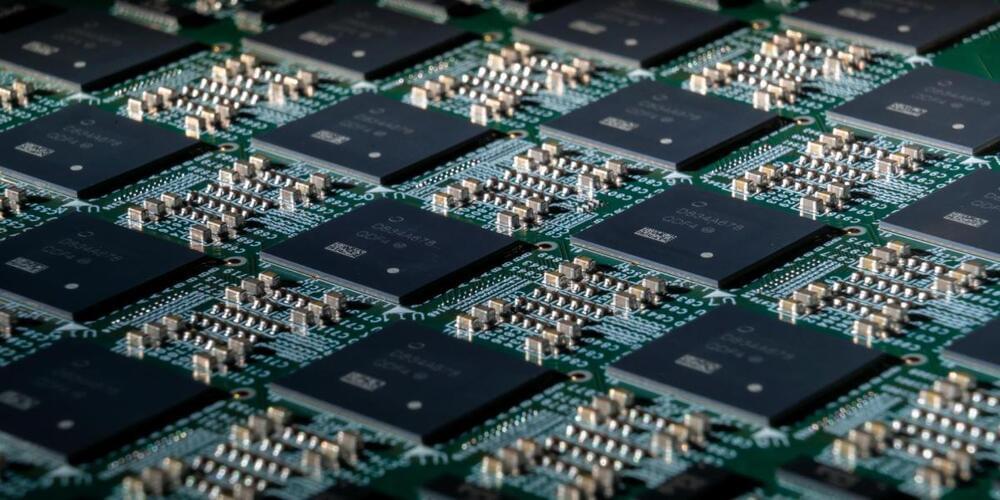

To learn QM or quantum computing in depth, check out: https://brilliant.org/arvinash — Their course called “Quantum computing” is one of the best. You can sign up for free! And the first 200 people will get 20% off their annual membership. Enjoy!
Chapters:
0:00 — Weirdness of quantum mechanics.
1:51 — Intuitive understanding of entanglement.
4:46 — How do we know that superposition is real?
5:40 — The EPR Paradox.
6:50 — Spooky action and hidden variables.
7:51 — Bell’s Inequality.
9:07 — How are objects entangled?
10:03 — Is spooky action at a distance true?
10:40 — What is quantum entanglement really?
11:31 — How do two particles become one?
13:03 — What is non locality?
14:05 — Can we use entanglement for communication?
15:08 — Advantages of quantum entanglement.
15:49 — How to learn quantum computing.
Summary:
Albert Einstein described Entanglement as “spooky action at a distance,” where doing something to one of a But it’s not spooky action at a distance, at all. So what is entanglement?
Electrons have a quantum property called spin that makes them act like little magnets. We’ll always measure it pointing in one direction or the opposite: up or down, say. If we entangle two electrons so that their spins are always pointing in opposite directions, the two spins are said to be correlated. If we entangle the two electrons in this way – and fire them in opposite directions, we don’t know which one of the pair is up and which one is down until we make a measurement. If we find that electron 1 is spin up. We know the spin of electron 2 must be down.
Why isn’t this like a pair of gloves? The handedness of the gloves is there from the start. It never changes. With entangled particles that’s not the case. They are in a superposition. Prior to measurement, there is no definite answer.
How do we know superposition is real? The double slit experiment is good evidence. Entangled particles are stranger, because a measurement on one particle determines the outcome for both of them.